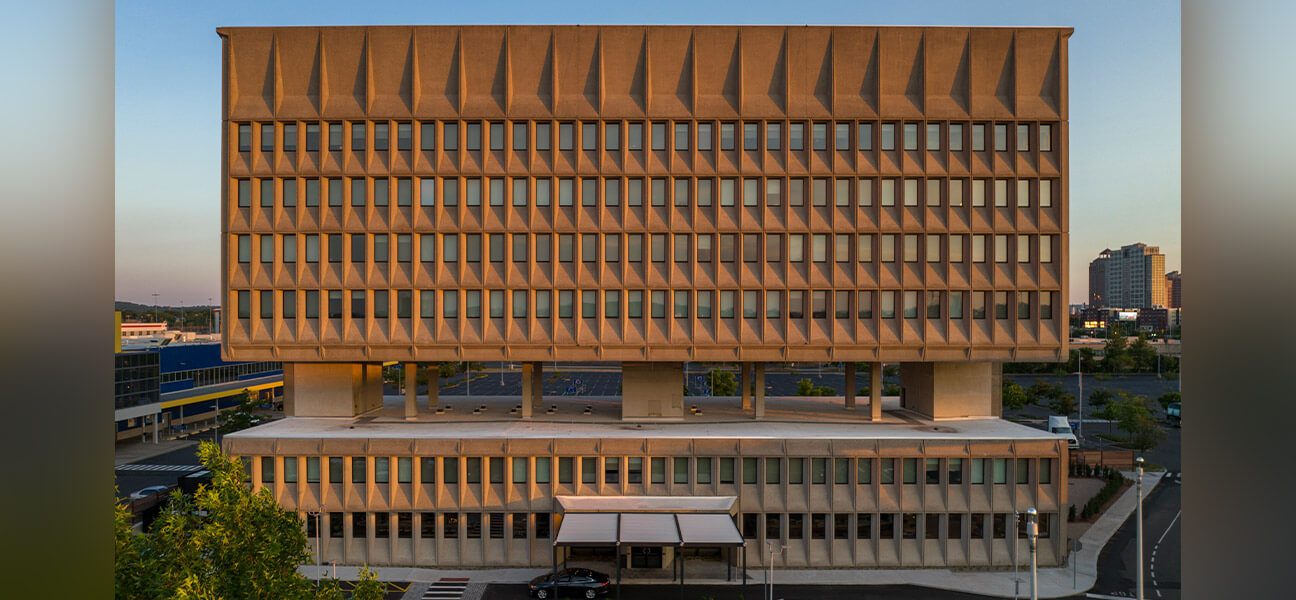Hotel Marcel New Haven, Tapestry Collection by Hilton, which is anticipated to be the first net-zero hotel in the U.S., has become the country’s first Passive House-certified hotel.
The Passive House certification, managed by the Passive House Institute (PHI), is the only internationally recognized performance standard for air tightness and energy consumption, verified with field-tested energy modeling. There are more than 5,600 buildings globally that have been certified by the PHI, of which only 140 are in the U.S. Hotel Marcel is also the first hotel with more than 100 rooms to be certified in the world.
“I’m an architect and developer—and now owner,” said Bruce Redman Becker, founder/president of architecture and development firm Becker + Becker. “I’ve always been interested in how I can use my talents to transform buildings and places in a way that has a positive outcome. It seemed to me that this was a perfect opportunity to build a hotel that really was part of the solution to the climate crisis.”
The building that houses Hotel Marcel was originally designed in 1968 in a Brutalist architectural style by Marcel Breuer. Originally housing offices for a tire company, the building sat vacant for two decades when Becker stepped in.
The building was redesigned with a holistic approach to sustainable design and operations, from its power-over-ethernet lighting system that reduced lighting energy use by more than 30% to its more than 1,000 solar panels that power the guestrooms, kitchen, laundry facilities and 7,000 sq. ft. of meeting space.
Other sustainable measures include:
- Serving locally sourced menu items and organic wines at the hotel’s restaurant, BLDG.
- Conserving waste through initiatives like repurposing kitchen scraps into healthy pet treats for dogs staying at the hotel.
- 24 on-site charging stations available for guests and visitors with electric vehicles.
- Providing electric transportation for guests to get around town in a repurposed battery-powered 2016 airport shuttle.
In addition to the focus on recognizing and supporting sustainable properties like Hotel Marcel, Hilton is also working with its partners to take steps to decarbonize the entire global real estate sector. Last year, the company announced that it had invested in two Fifth Wall climate technology funds that work towards that mission, in conjunction with Hilton’s 2030 Travel with Purpose goals. The funds will invest in software, hardware, renewable energy, energy storage, smart buildings and carbon sequestration technologies across the real estate sector.


